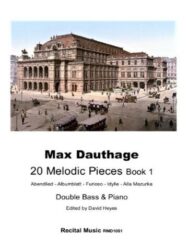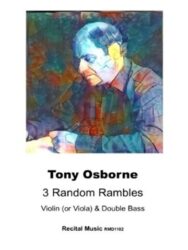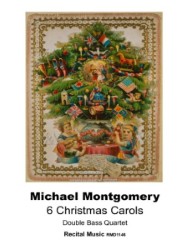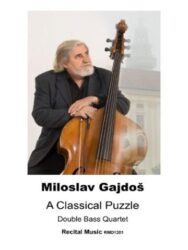Miniatures for Double Bass Book 2
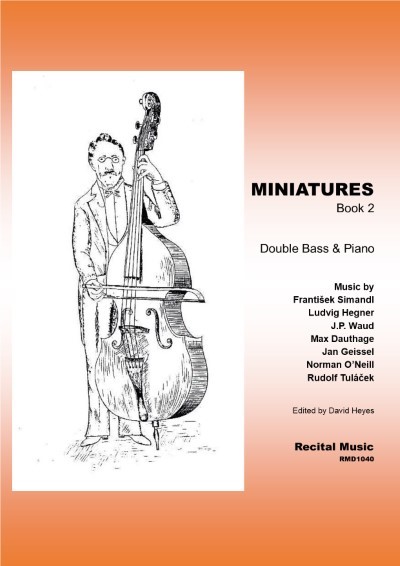
Composer: Various
Instrumentation: Double Bass and Piano
Editor: David Heyes
Publisher Recital Music
Miniatures for Double Bass is part of an ongoing series featuring long-forgotten or unknown music, primarily by bassist-composers of the late 19th and early 20th-centuries,…
Page ? of ?
Digital Download – PDF
Shipping costs: No shipping
R.R.P £10.00
Our Price: £8.50

